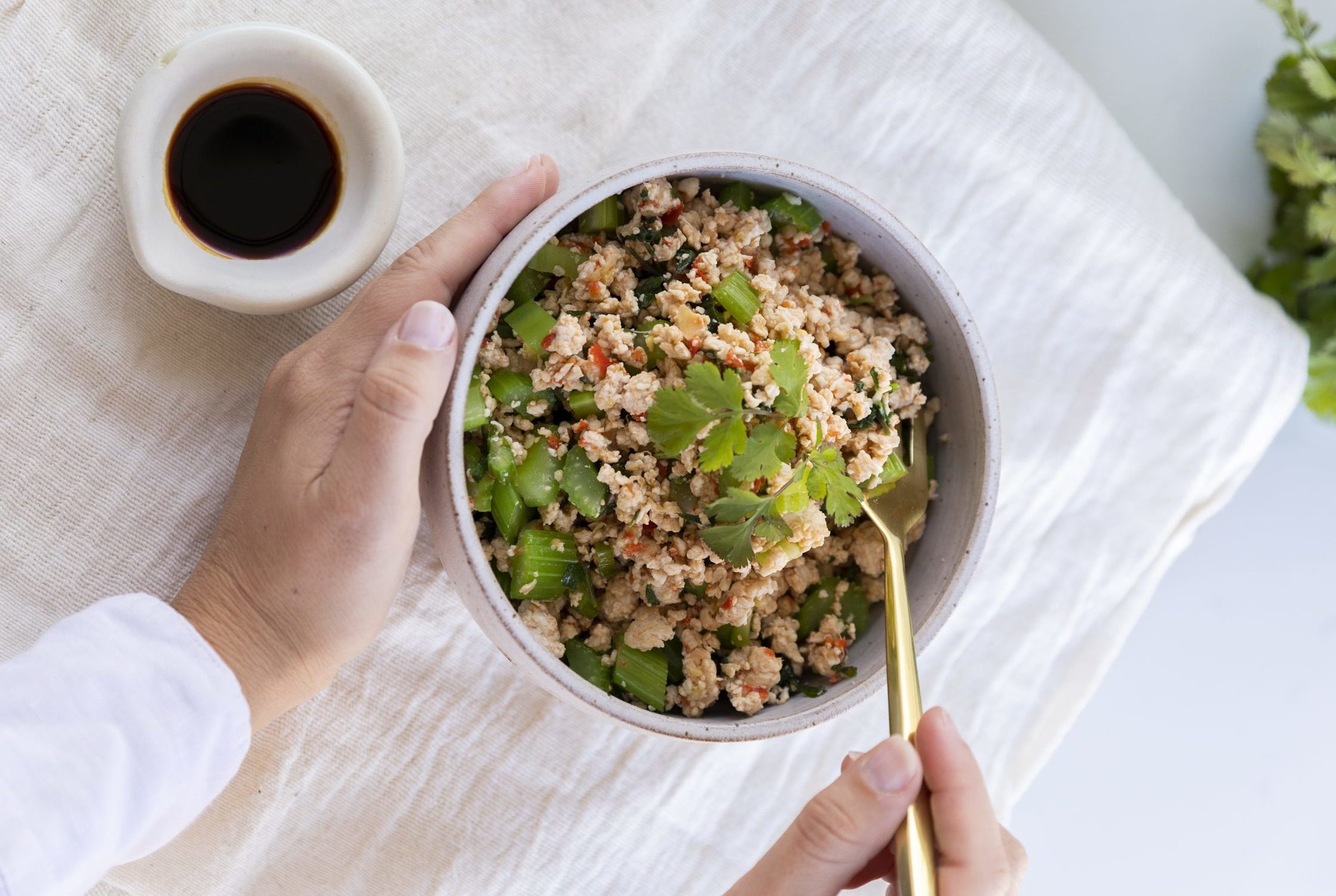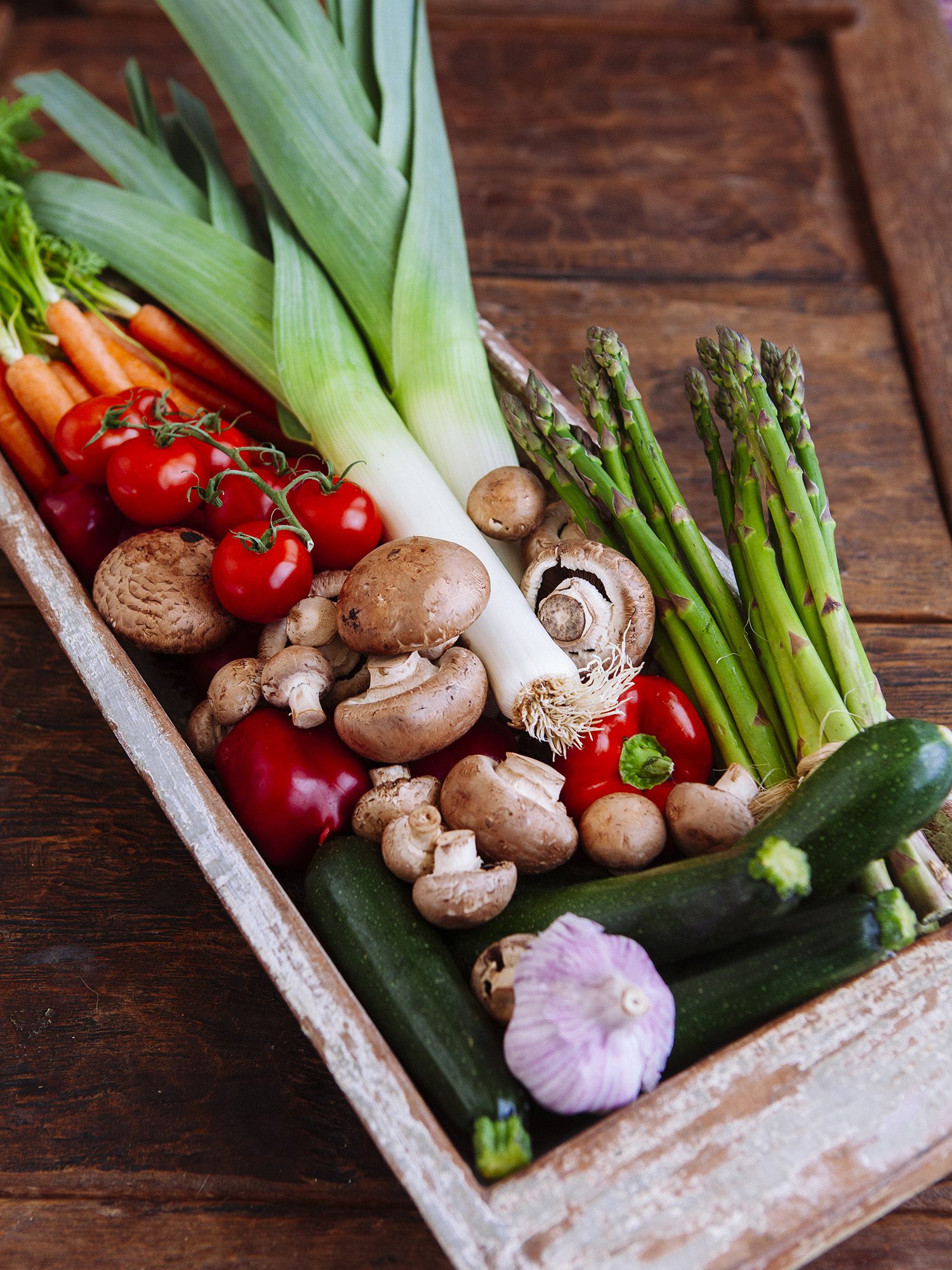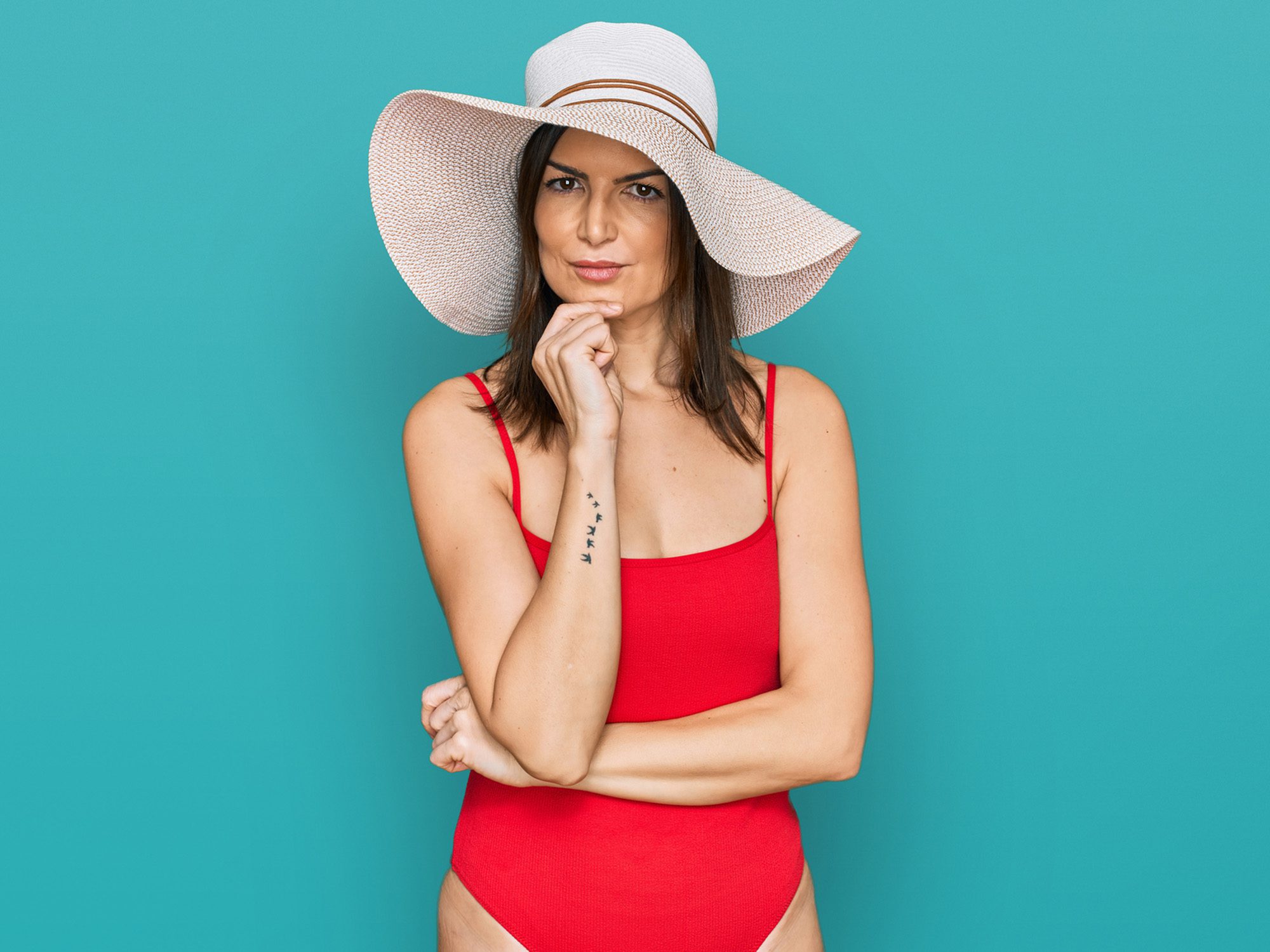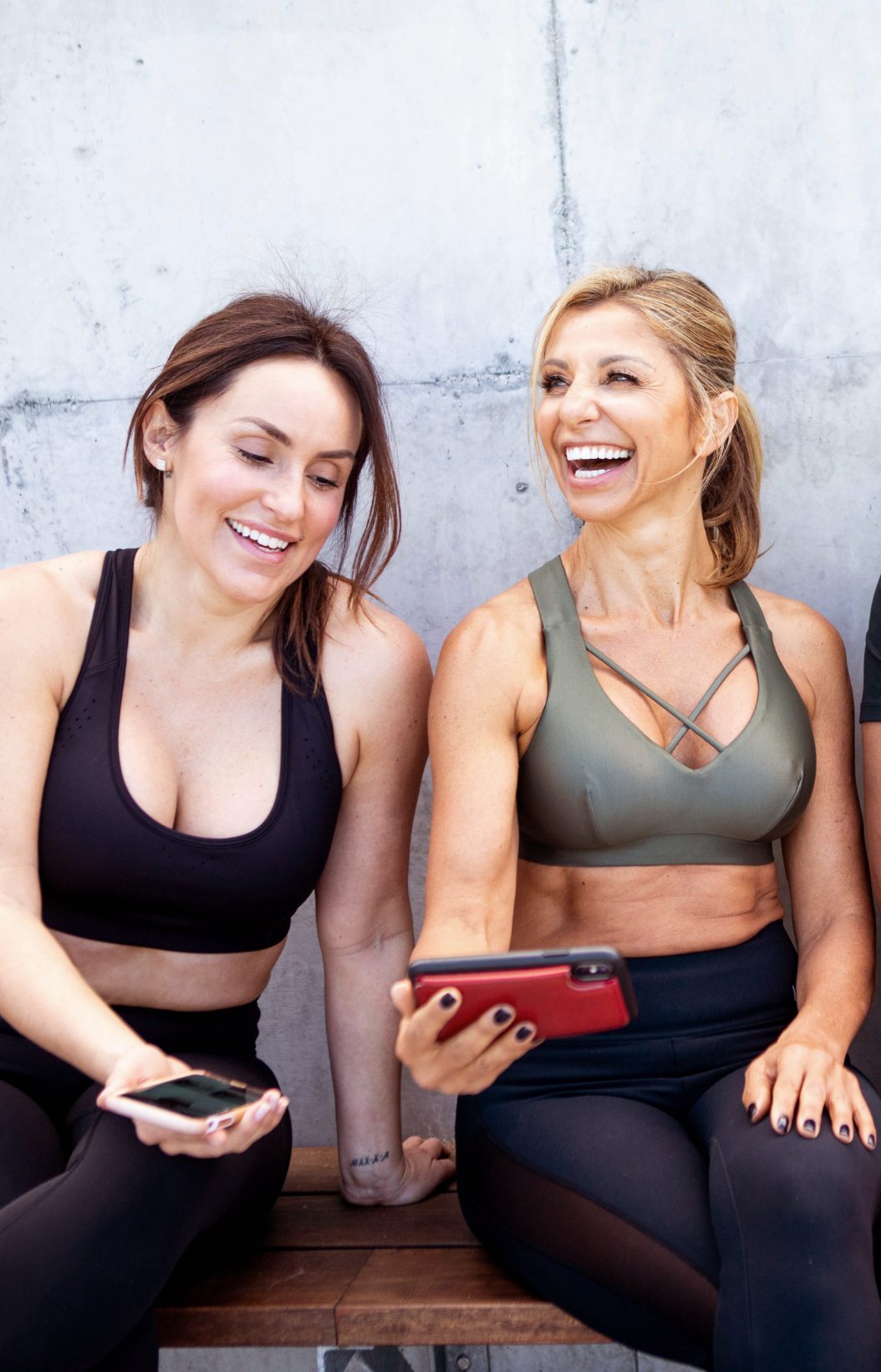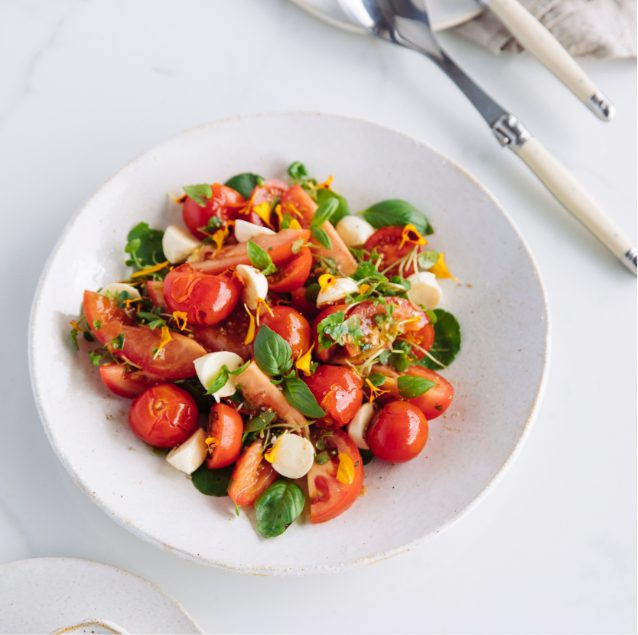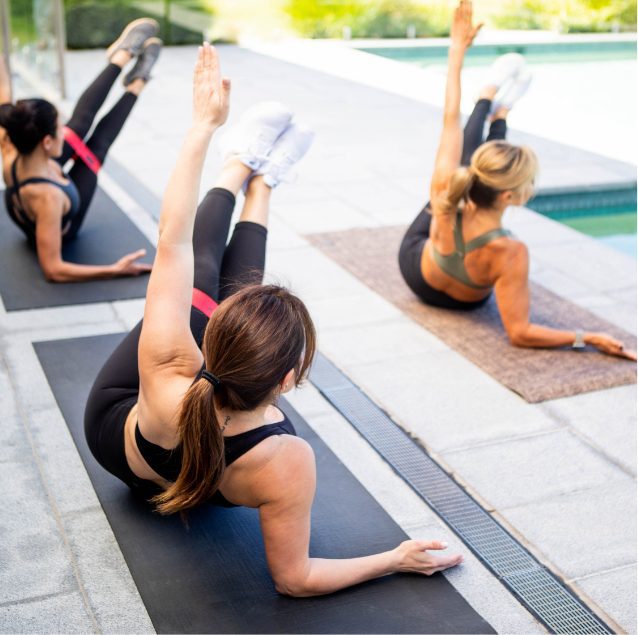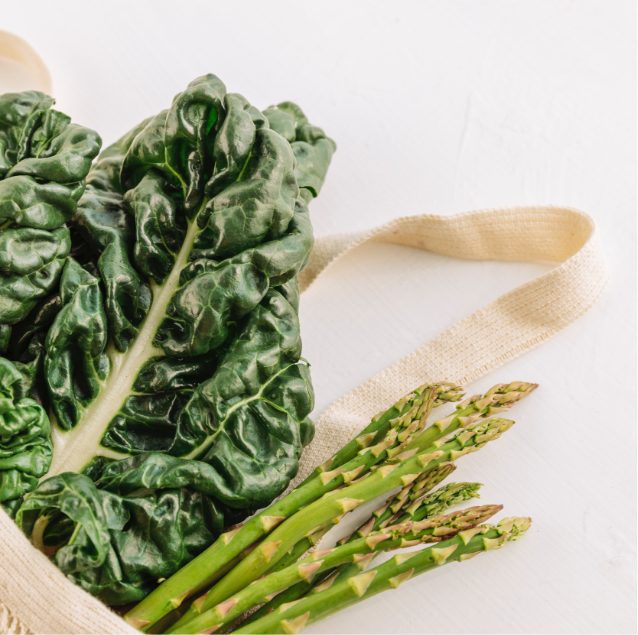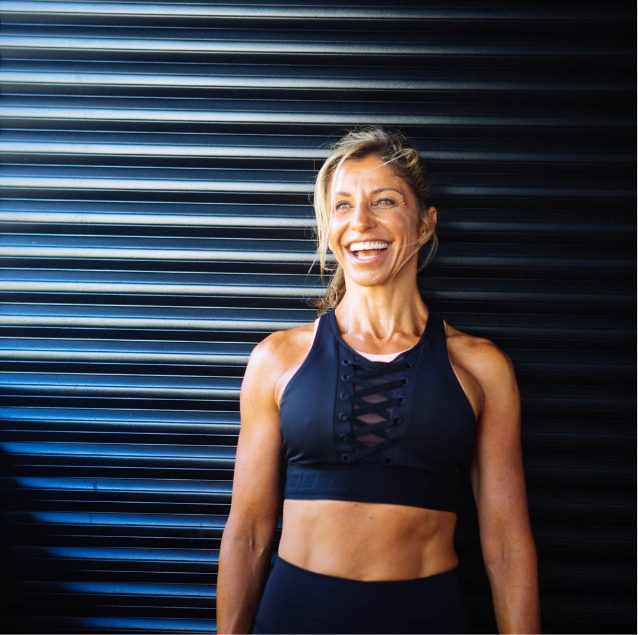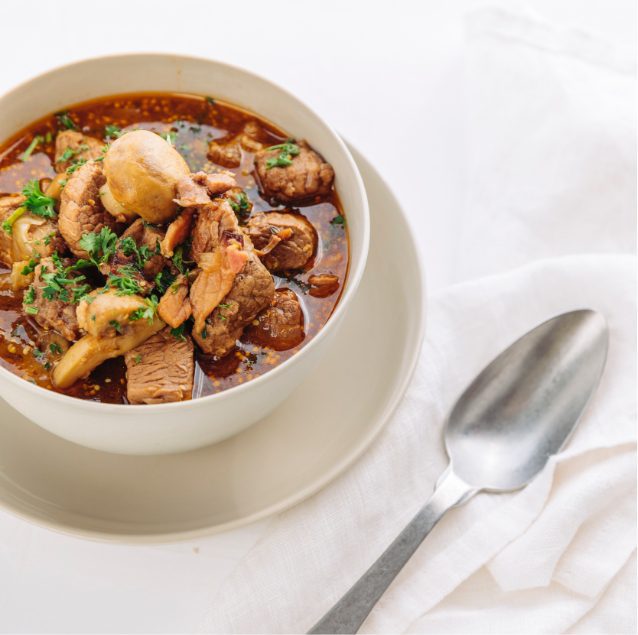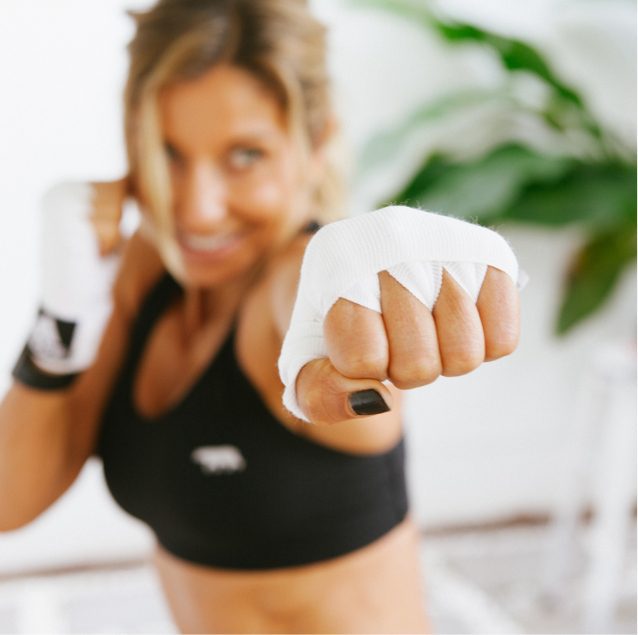Do modern women, already living in an image-obsessed world, really need another set of numbers to live up to?
BMI, or body mass index, is a tool commonly used in health care. Developed almost 100 years ago by a Belgian mathematician, it classifies adults into broad weight categories. In recent years, the ‘BMI is flawed’ debate has popped up every so often. People shake their heads, talk about change, then it just…. goes away again.
But here’s the thing.
Numbers like BMI affect self-esteem. And it’s usually the self-esteem of women that takes the biggest hit.
Why do we do this to ourselves? And do we really need to?
Women Come In All Shapes And Sizes
There’s no denying good health is, well, good. Eating healthy foods and exercising regularly so long, healthy lives can be lived. But thankfully, the days of the ‘one size fits all’ ideal female body shape are long gone.
US singer Lizzo proudly struts her body positivity-loving self across our music screens.
99 year old Iris Apfel has an Instagram following of 2.1 million and is still an in-demand model.
Love her or hate her, the world has watched Oprah Winfrey battle her weight issues and society’s view of the perfect female silhouette for decades. And guess who’s come out on top?
Self Esteem Can Take A Hit At Any Age
By the time women reach menopausal age, they’re supposed to be the wise women of their village.
Serene. Benevolent. All-knowing.
Oh, and not to mention immune to the never-ending body-shaming aimed squarely at women of all ages. I mean, wasn’t societal invisibility promised to women by the time they reached their mid-50’s? But that’s not always true. So having some 100-year-old chart shoved in their face won’t help.
Women don’t hate the numbers. They just want to see numbers they can actually do something about. Numbers that don’t make them feel bad about themselves.
Healthier Numbers Than Your BMI
Need some numbers to measure against? Here are some pearlers to help support good health while not messing with your self-esteem.
Blood pressure
The Heart Foundation of Australia says blood pressure below 120/80 mmHg is ‘optimal’. Keeping blood pressure under control through good nutrition and exercise can help prevent a range of nasty conditions including heart attack and stroke.
Boobs
Breasts should be checked at home once a month using these 5 easy steps.
Once over the age of 40, have a mammogram every 2 years. And in Australia, it’s free!
Fruit and veggies
Recommended daily serves of food groups change as we get older, mainly because we don’t need to eat quite as much food. The food we do eat needs to be nutrient-dense and appropriate for our levels of activity. Women aged 51-70 years should eat 5 serves of vegetables and 2 serves of fruit daily, based on recommended guidelines. Seasonal fruit and vegetables are delicious, keep ya regular, and help you sleep. And yes, fresh mango in your daiquiri counts.
Calcium
For healthy teeth and strong, dense bones, women aged 51-70 years should consume 1300mg of calcium daily. But what does that mean in food terms?
1 heaped tablespoon of chia seeds over 1 cup of natural yoghurt is roughly a third of your daily recommended intake; 1 can of sardines is approximately 27% of your daily recommendation; a small handful of chopped almonds sprinkled over a cup of steamed collard greens (cabbage, kale, and mustard greens) boosts another 28% of daily recommendations.
Tofu that has been prepared with calcium also has exceptionally high amounts, with over 66% of the daily recommendation for calcium in just half a cup; and fortified foods and drinks, such as cereals and orange juice, can come in at 100% of daily recommendations.
Alcohol
1 standard drink per day (max of 4 per day) and no more than 10 each week. Alcohol can deplete calcium levels faster than gossip spreading in a small town, so as much as that glass or two of wine is delightful, broken bones aren’t, so remember to keep everything in moderation.
Chocolate
Oh, yes we did! We went there. Eating dark chocolate with at least 70% cacao in moderation is okay. YAY! Cacao packs in more calcium than cow’s milk. It’s also densely packed with iron, magnesium and antioxidants, and research has shown it can help with issues such as depression, stress, blood pressure, and heart health. We don’t need any more convincing.
Read a good book
Heart racing thriller. Bodice ripping romance. Deep and moving biography. It’s not about the genre because studies show older adults who read have reduced stress levels and sleep better.
Months since your last period
No period for 12 consecutive months means menopause has arrived. All those dollars previously spent on pads, tampons and birth control can now be spent on books, wine and chocolate. Or green leafy veggies, books, wine and chocolate. The choices are endless.
Exercise
There’s no escaping aging (dammit) or the weight gain that is statistically inevitable (unless you’re one of those lucky ones unaffected). Just 30 minutes of moderate-intensity physical activity on most days will support good health, will help balance hormones, and keep those feel-good endorphins pulsing through your body.
Love yourself
The BMI chart (sadly) isn’t going anywhere soon. Unless someone develops something better, it’ll keep being used as a guiding health metric. But it should be banned from being the only number women and their health teams see. Love yourself enough to block out the numbers that mess with self-esteem and embrace those that help women live their best lives.
High five to that!

